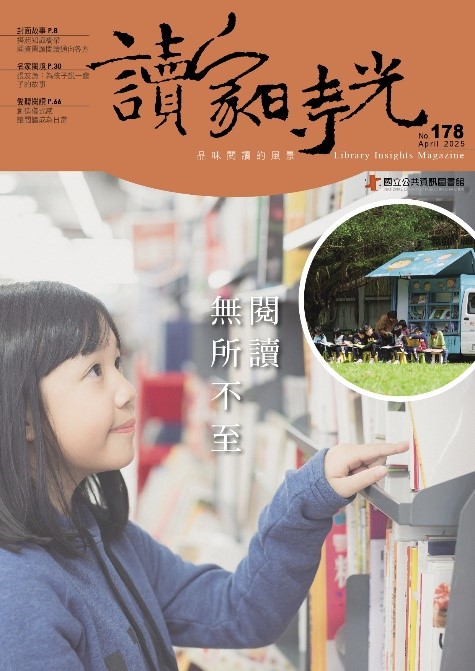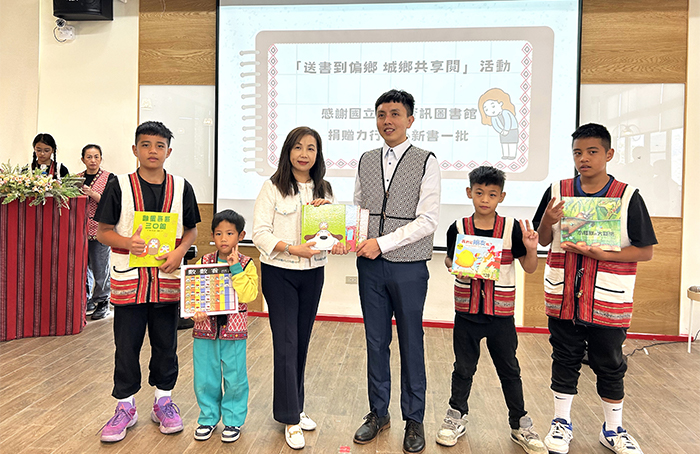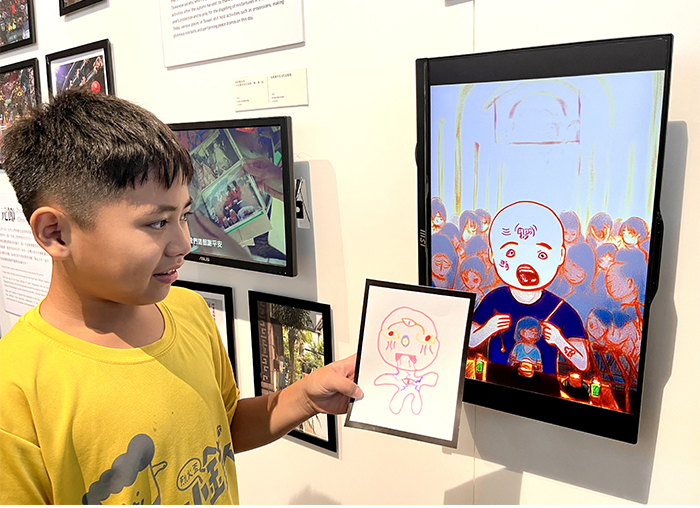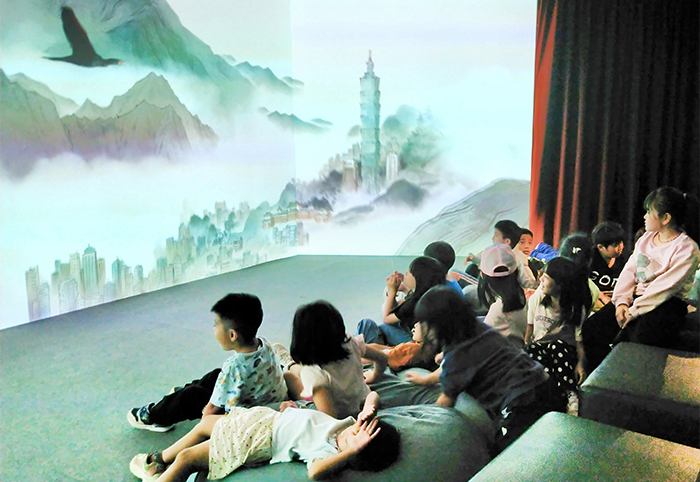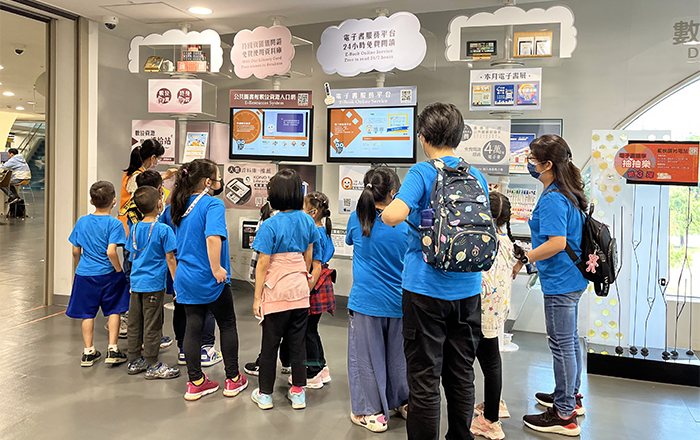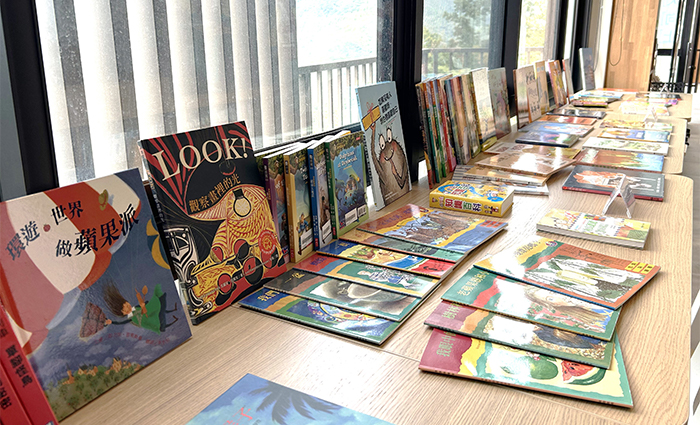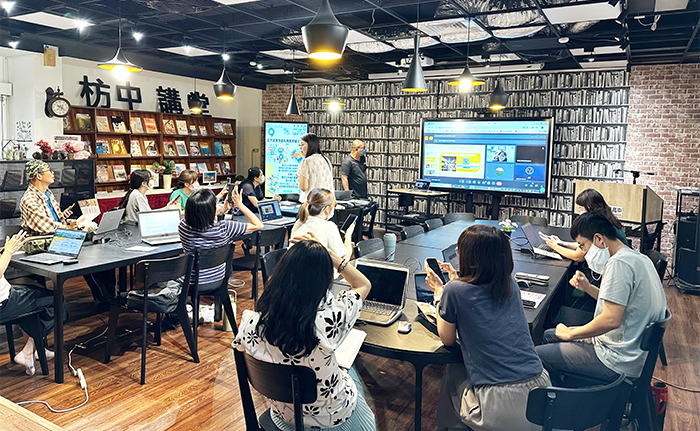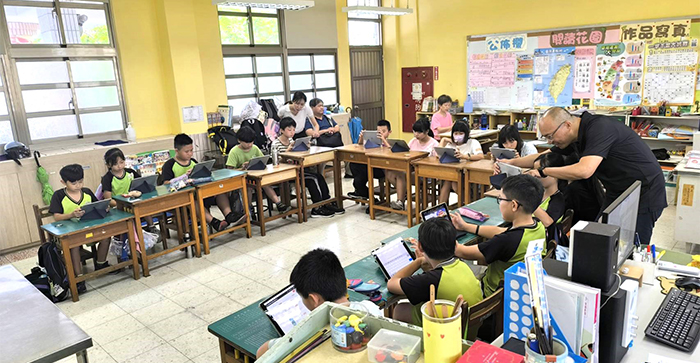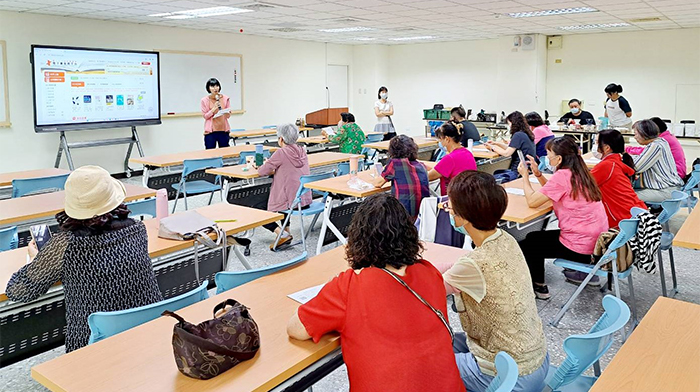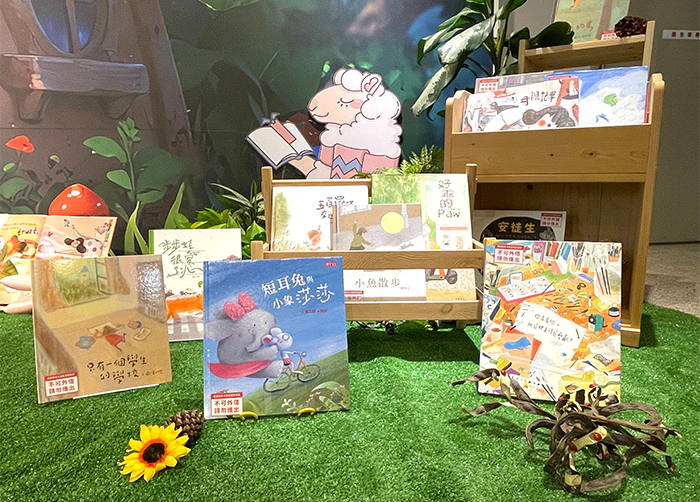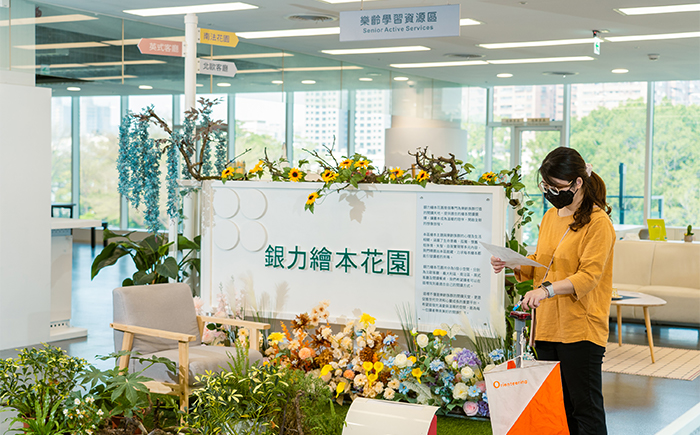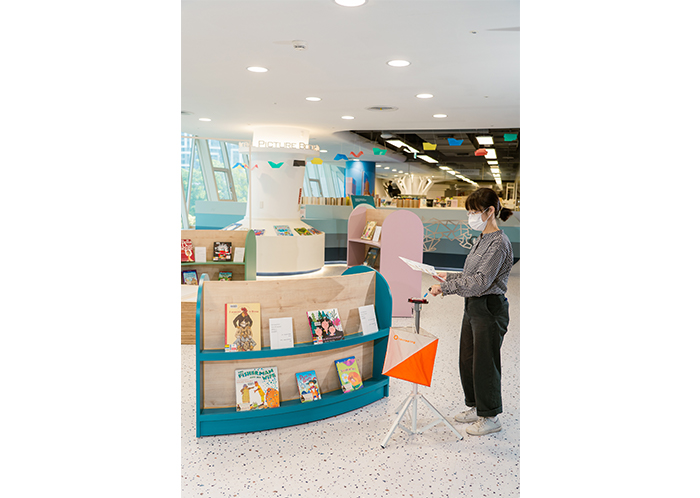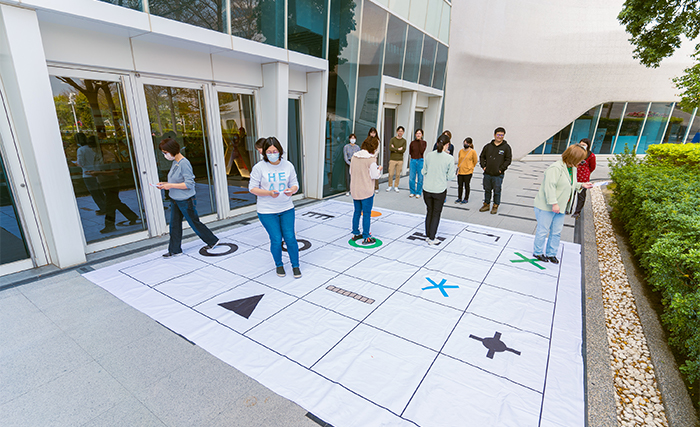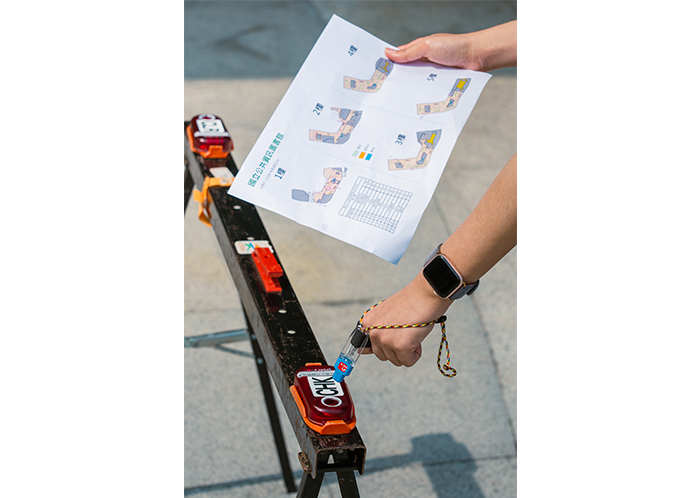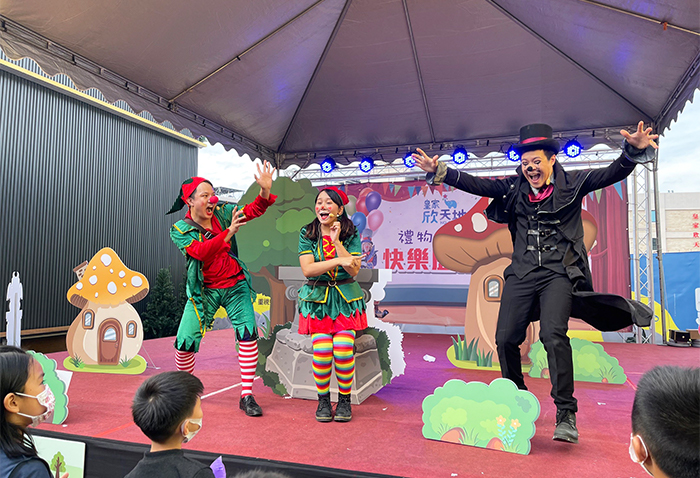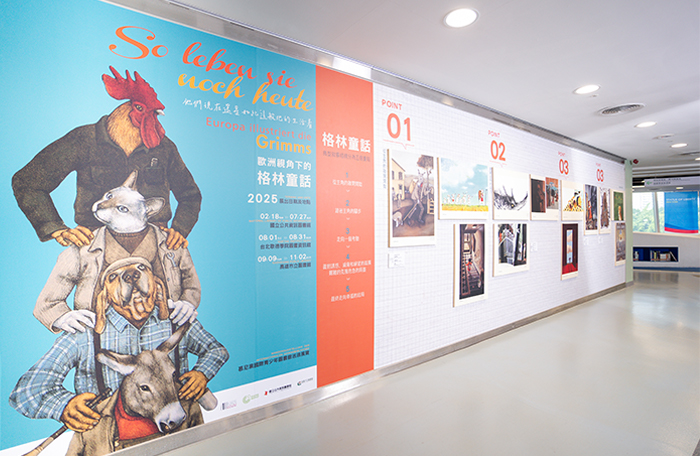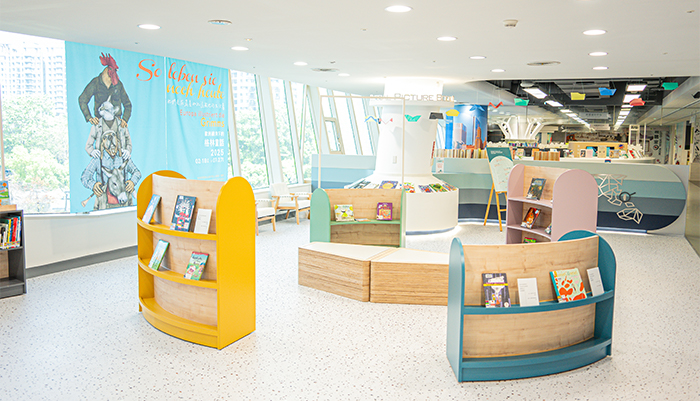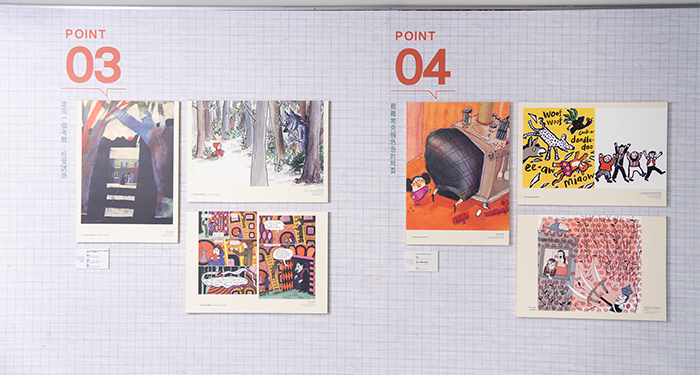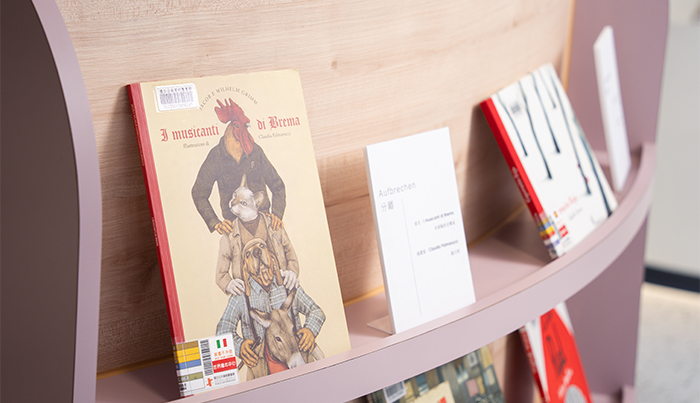Written by/Chiu Ching Ling
Photos provided by the Commonwealth Education Foundation,
Yu Shan Volunteer Foundation,
Taiwan Reading Culture Foundation, and Hsieh Chih Cheng.
Numerous studies have confirmed that reading significantly influences learning ability and future competitiveness. However, disparities in environment, resources, family background, and digital access continue to create a literacy gap between urban and rural children. For the past 20 years, numerous nonprofit organizations have worked tirelessly in various creative ways to sow the seeds of reading in children’s hearts.
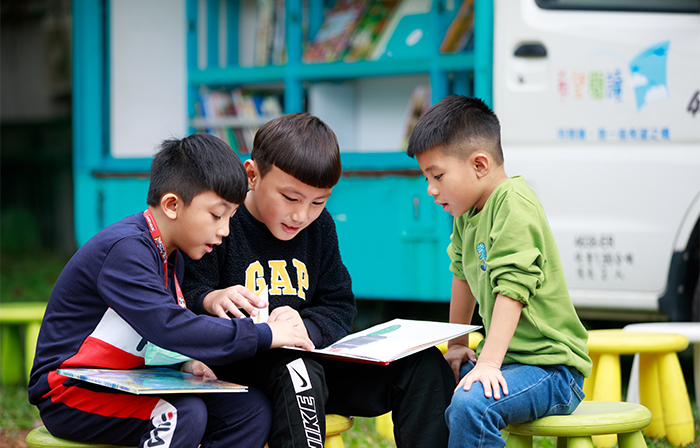
In an era dominated by digital learning, books and words are once again drawing public attention. Former Minister of Education, Zeng Zhi Lang, who is dedicated to promoting children’s literacy, remarked, “Reading is the soul of education.” Developing the habit of reading opens a window to the world and lays the foundation for lifelong learning.
In some of Taiwan’s overlooked corners, the only reading materials in children’s homes might be Buddhist scriptures or almanacs. Many have never even owned a book outside of their textbooks. To address this inequality, private organizations and civic groups have acted: some drive bookmobiles deep into the mountains, others build libraries, and many sponsors shared reading programs—doing whatever it takes to get books into children’s hands.
"Hope Reading" Bookmobile: Helping Children Explore the World
“Children from the mountains told me the bookmobile is like a Formosan blue magpie—its open wings filled with books,” laughed Ling Er Xiang, Executive Director of the Commonwealth Education Foundation. Since 2004, the "Hope Reading" bookmobile has been touring Taiwan, becoming a treasure trove of discovery and dreams for children.
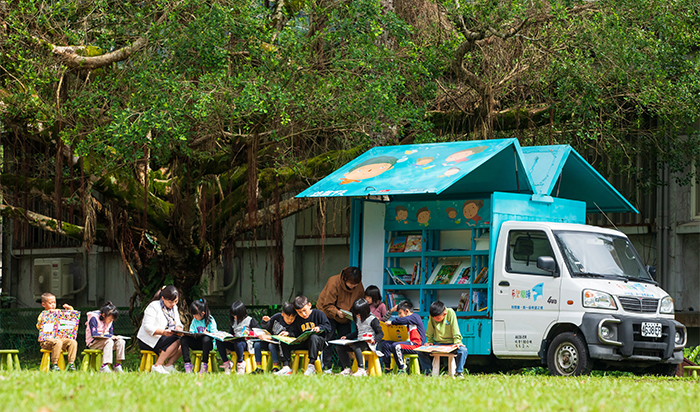
Recalling the past 20 years of the project, Ling shared that she once visited 200 participating schools to understand their needs. One moment left a lasting impression: a principal who had moved from the city to a remote village tried to promote reading in his school, but the only books on the shelves were a few worn secondhand copies. When he encouraged students to exchange books, many brought in Buddhist scriptures. “Please send us books,” the principal said, “One book could help them step out into the world.”
In response, the foundation now purchases 20,000 quality books annually for schools and operates the Hope Reading bookmobile, spreading the joy of reading across Taiwan. They also offer training for reading teachers and principals and mobilize university and corporate volunteers to tell stories and organize science camps—further expanding literacy efforts in underserved areas.
Over 21 years, the foundation has donated 430,000 books, and the bookmobile has traveled over 250,000 kilometers—equivalent to circling Taiwan 236 times. Today, they are going global, introducing sustainable development goals (SDGs) to children through curated reading lists. “To build a truly sustainable world, even our youngest children must understand sustainability,” said Ling. The foundation delivers SDG-themed book selections via the bookmobile, aiming to help every child grow wings and soar—like the blue magpie.
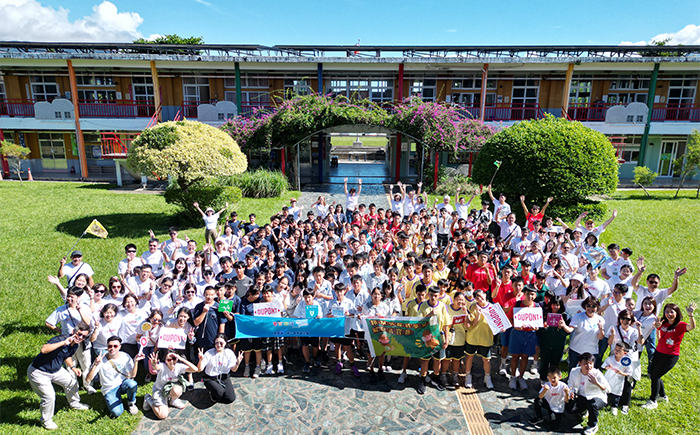
From Earthquake Rubble to the “Library of Love”
“The Library of Love began with a group of selfless teachers who not only had an idea but took real action,” recalled Hsieh Chih Cheng, former Executive Director of the 921 Earthquake Relief Foundation. After the 1999 earthquake devastated central Taiwan, adults were busy rebuilding while children wandered, lost and aimless.
Chen Yi Cheng, a teacher at Hsu Kuang High School in Nantou County, set up a makeshift classroom and began a shared reading program with fellow teachers, starting with the picture book Guess How Much I Love You. This initiative helped children heal from trauma and evolved into the Taiwan Reading Promotion Center when book costs became a burden.
Moved by the teachers’ dedication, the 921 Foundation adopted their efforts, promoting classroom reading under the motto “Wisdom Sharing, Love and Sharing.” In April 2005, they launched the first “Library of Love” at Hushan Elementary School in Nantou.
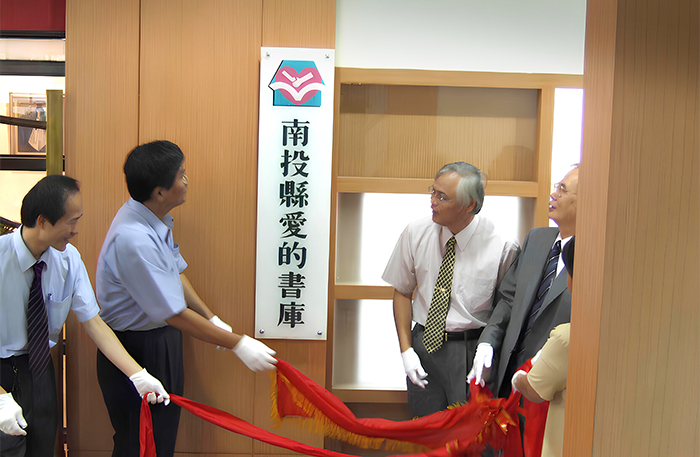
As the foundation prepared to sunset, Hsieh asked Chen to approach MyungLi Corp. Chairman Liao Lu Li, a reading advocate. “The foundation may end,” said Hsieh, “but the spark of reading must live on.”
Chairman Liao went on to establish the Taiwan Reading Culture Foundation, rallying private companies and educators. With grassroots support from small and medium-sized enterprises, the Libraries of Love bloomed across the island.
Taiwan Reading Culture Foundation: Shared Reading Builds Thinking Skills
Chairman Liao Lu Li, an entrepreneur and avid reader, personally leads book clubs in his company. When Chen Yi Cheng wrote asking for help, he immediately donated NT$200,000 to support the teacher-led initiative.
To ensure the project’s sustainability, Liao founded the Taiwan Reading Culture Foundation. Starting with one library in the Nantou mountains, the foundation has since built 374 Libraries of Love, 43 digital libraries, and distributed over 20,000 book boxes for public borrowing.
“We focus on shared reading,” Liao explained. “Each box contains 30 copies of the same book, and teachers guide students in discussion.” The Libraries of Love are free lending platforms where students learn to listen, respect, tolerate, and share—values that go beyond literacy into moral education.
Executive Director Ho Hung Chun emphasized the critical role of Hsinchu Logistics in providing free transport, allowing the program to thrive for nearly 20 years. Today, 91% of elementary and 54% of junior high schools in Taiwan have used these libraries, with over 73 million total reading instances—a treasured educational asset.
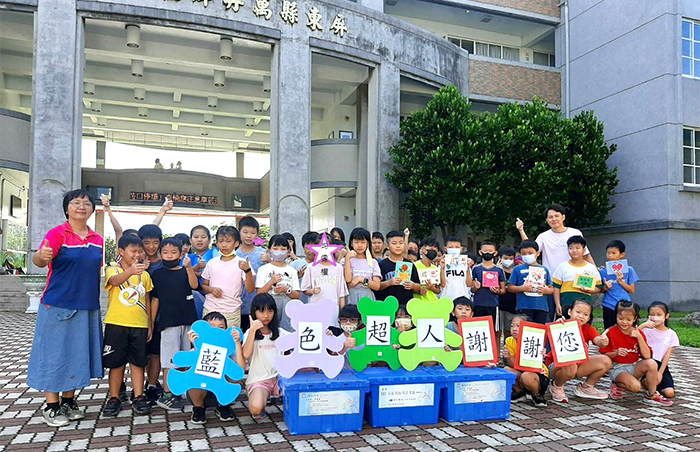
In addition to shared reading, the foundation now offers programs combining music, picture books, author talks, and more. They’ve launched special libraries for audiobooks, new immigrants, Indigenous cultures, financial literacy, and the arts—expanding students’ learning horizons.
“We hope to discover children’s gifts and let them shine,” said Liao. The foundation’s next step is to open a “Shared Reading Center” in Caotun, Nantou, extending reading from schools to families, communities, and businesses, and promoting lifelong learning through a welcoming community hub.
Yu Shan Libraries: Spreading Love, One Book at a Time
Recognizing the lack of library resources and aging facilities in many rural schools, the Yu Shan Volunteer Foundation launched the Yu Shan Golden Seed Project in 2007. The goal: build libraries for elementary schools in remote or under-resourced areas across Taiwan.
“The first step to loving reading is creating a great reading environment,” the foundation stated. The first Yu Shan Library was built at Shuangxi Elementary School in Puzi, Chiayi County. Former principal Chen Mei Tzu wanted to promote reading, but the school’s only “library” consisted of rusty iron cabinets.
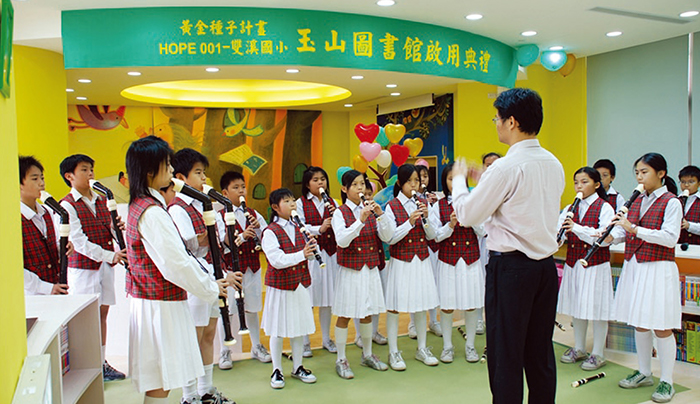
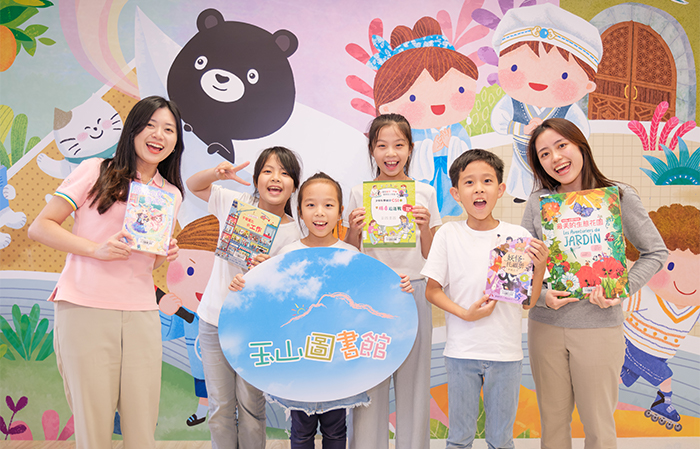
Yu Shan transformed the space with wooden flooring and vibrant colors to create a bright, cozy reading area. Volunteers also visited the school to host engaging activities and foster a love of reading. Since 2007, the foundation has built libraries in 190 schools—far exceeding its original target—and continues to spread the joy of reading. They firmly believe: “Embracing books gives children the power to change their future.”


